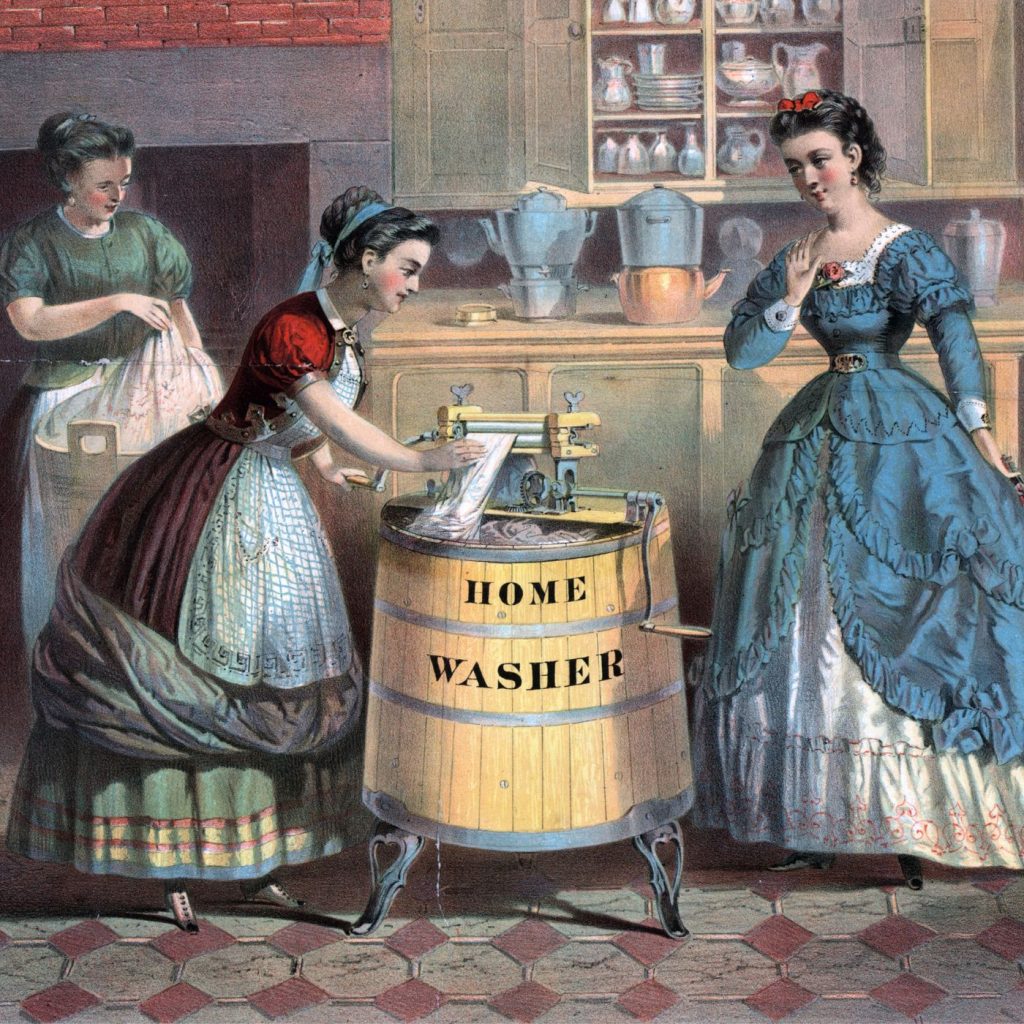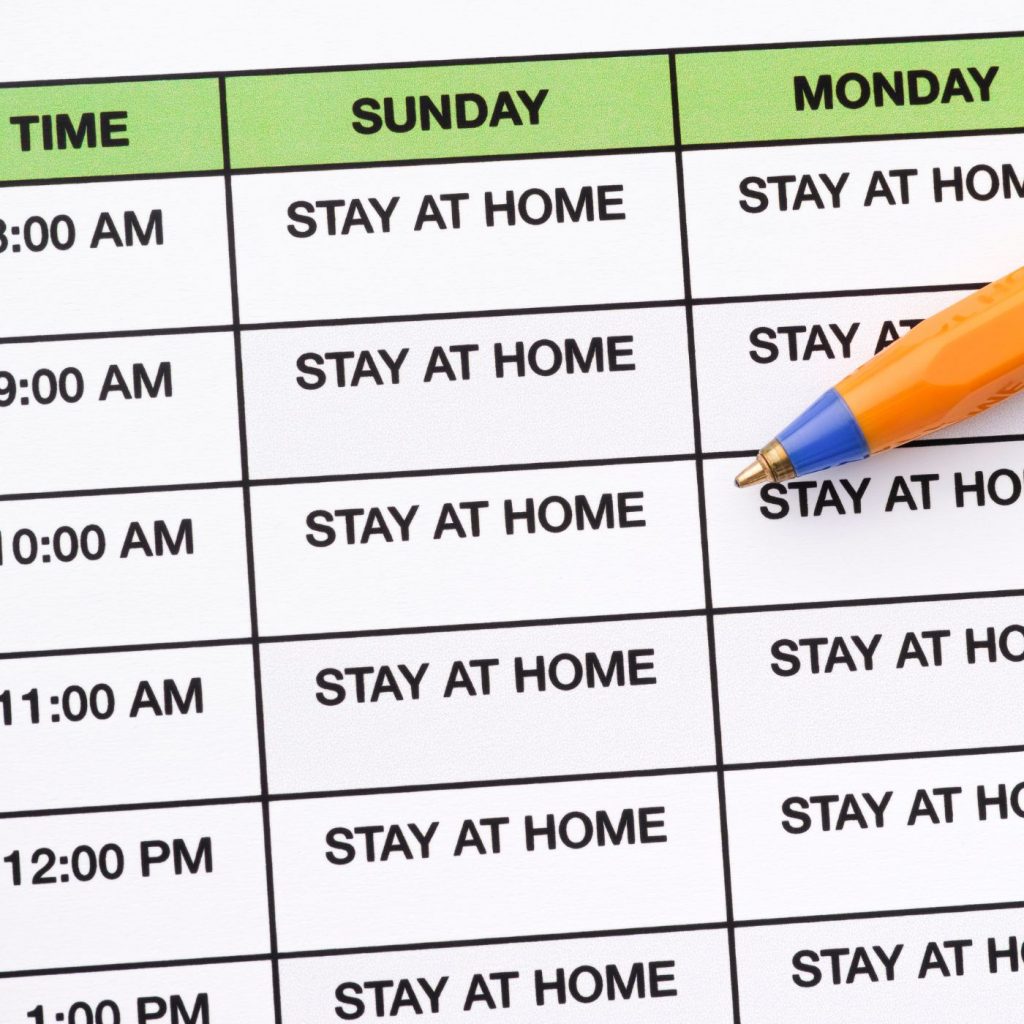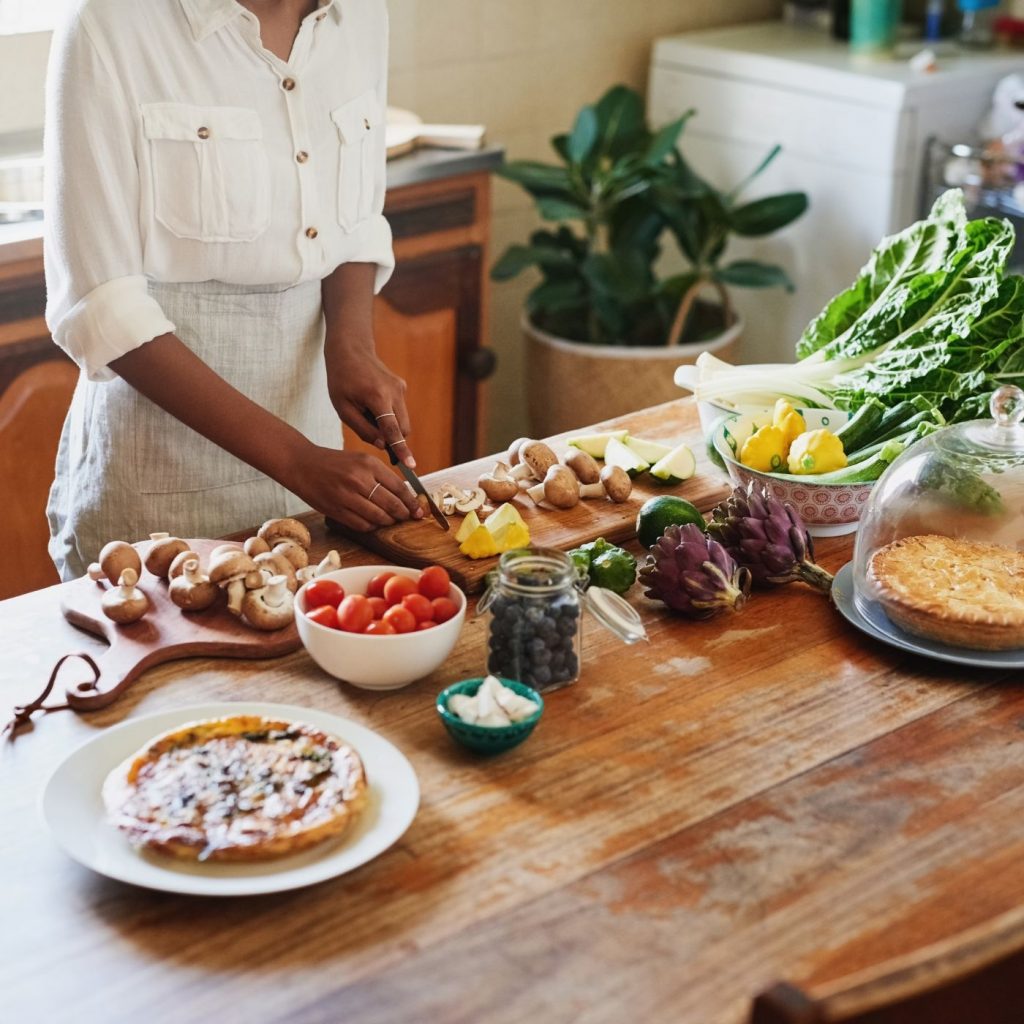Do you want to transform your home into a haven of comfort, love, and abundance? Believe it or not, there is an art to homemaking that has been passed down from generation to generation.
With some simple practices and helpful tools for guidance, you can unlock the secrets of creating a nurturing environment within your own home.
In our fast-paced world dominated by technology, it’s no wonder we sometimes forget the importance of creating a nurturing and harmonious home environment. But being a homemaker means more than just managing day-to-day tasks. It involves cultivating a space that reflects our values and truly supports our families.
From cooking and cleaning to decorating and gardening, homemaker skills are essential for creating a comfortable and inviting home. Imagine having a warm and well-organized sanctuary that brings you comfort and peace during challenging times.
But these skills aren’t just about creating a beautiful space. They also offer practical benefits. The ability to whip up nutritious meals from scratch and handle minor repairs saves you time, money, and energy that would otherwise be wasted on takeout and repair bills. Plus, having good homemaking skills fosters a sense of self-sufficiency and independence.
It’s time to unlock the art of homemaking and take your home life to a whole new level of satisfaction.
Here we are going to discuss how you can use accessible ideas for curating coziness in every room!
Table of Contents
What Is a Homemaker, Anyway?
First, let’s talk about the term “homemaker.”
A homemaker is someone who creates and maintains a household environment that nurtures and supports their family. This often involves managing the day-to-day tasks that keep a home running smoothly, such as cooking, cleaning, and organizing, as well as the more creative aspects, like decorating, crafting, and gardening.

The History of Homemaking
In the past, homemaking was often seen as the primary role for wives and mothers, with many women devoting their lives to fostering a safe and nurturing environment for their families.
The rise of feminism and modern conveniences like household appliances have shifted the cultural narrative around homemaking, but it’s important to remember that the value of a well-loved and cared-for home transcends any cultural moment.
Nowadays, being a homemaker doesn’t have to conflict with modern principles or lifestyles. Many young women (and men) choose to champion the traditional aspects of homemaking while also embracing contemporary values.
Why Homemaking Skills are Important
Homemaking skills are important because they enable us to create a comfortable and inviting home environment. A home that is warm, organized, and beautiful can be a source of comfort in times of stress or turmoil.
In addition to providing emotional security, basic homemaking skills also offer practical benefits. Being able to cook nutritious meals from scratch or make minor repairs around the house can save time, money, and energy on things like takeout and repair bills.
Finally, having good homemaking skills fosters self-sufficiency and independence—skills that can prove invaluable in other areas of life as well.

What makes a good homemaker?
A good homemaker is someone who has the skills and knowledge to manage a home in an organized, efficient, and attractive way. This includes being able to handle various tasks both around the house and outdoors, such as cooking, various cleaning tasks, landscaping, repairs, budgeting, decorating, etc.
More than anything else though, it’s important for homemakers to be passionate about what they do. A love of homemaking will motivate you to take pride in your work and strive for excellence—no matter how mundane the task may seem!
Housewife vs. Homemaker vs. Home Manager
While all three terms can technically be used interchangeably, there are subtle differences between them.
A housewife is usually considered to be someone who devotes most of their time and energy to managing the home and family.
A better homemaker is more focused on creating a welcoming environment and fulfilling the needs of everyone in the household. This could involve things like decorating, cooking, and hosting guests.
Finally, a home manager is someone who takes an active role in planning and organizing tasks related to running a household. This means keeping track of budgeting, scheduling maintenance appointments, shopping for supplies, etc.
No matter how you define it though, being a homemaker—in any capacity—is an admirable role that requires dedication, hard work, and a good dose of creativity!
So whether you’re just starting out as a homemaker or have been one for years, I hope that you can find success and satisfaction in this rewarding job.

What does a homemaker do all day?
The answer to this question really depends on the person and their individual situation. Generally speaking, homemakers are responsible for carrying out a variety of tasks and daily household chores that keep the home running smoothly. This could include cooking meals, cleaning, shopping for groceries and supplies, doing laundry, organizing paperwork, scheduling appointments, etc.
In addition to these daily household chores, homemakers may also be involved in more long-term projects such as decorating or repairs around the house. And of course don’t forget about planning social activities like parties and gatherings!
At the end of the day, being a successful homemaker is all about making sure that everything runs smoothly in an organized way. That means juggling multiple tasks and finding creative solutions to problems while still maintaining a comfortable and welcoming home environment.
So if you’re wondering what a homemaker does all day, the answer is anything and everything that’s required to keep the household running! It takes dedication, hard work, and creativity to be successful in this role, but it can also be very rewarding. And don’t forget—you’re not alone! There are lots of resources available to help make your job as a homemaker easier and more enjoyable.
What are the qualities of a good homemaker?
Good homemakers are organized, efficient, and have excellent problem-solving skills. They have an eye for detail and know how to effectively manage their time and resources. Additionally, successful homemakers possess a high level of emotional intelligence in order to remain calm and collected during stressful situations.
On top of that, being a good homemaker requires creativity and determination. Homemakers need to be able to think outside the box when tackling issues around the house as well as come up with creative solutions on how best to use available resources.
And lastly, patience is key—homemakers must have the willingness to put in the necessary effort over long stretches of time in order to properly care for their family and home.

What does it mean to be a good homemaker?
Being a good homemaker means having the ability to manage a household efficiently and create a comfortable home environment for everyone. This involves making sure that all everyday tasks are taken care of, such as cooking meals, cleaning up messes, doing laundry and grocery shopping. It also requires being able to anticipate potential problems before they arise and coming up with solutions quickly.
Additionally, good homemakers know how to stay organized while managing their time effectively. They can juggle multiple responsibilities without becoming overwhelmed or neglecting important duties.
Finally, being a successful homemaker means having excellent communication skills in order to maintain strong relationships within the family unit. Having the ability to listen and empathize with people is essential for resolving conflicts and providing support.
In essence, being a good homemaker takes hard work, dedication, and multiple skills—from organization to creative problem-solving. It requires having the right kind of attitude and emotional intelligence in order to ensure that everyone in the home feels safe, secure, and comfortable. With these qualities, anyone can become an outstanding homemaker!

Balancing Home and Family Life
When it comes to managing both home and family life, the best way is to create a plan that works for everyone. This includes setting aside time for yourself as well as making sure there is enough social interaction among family members.
Homemakers should also be aware of their current resources as this will help them determine how much time and effort they can put into each task. Staying organized is key to keeping the home running smoothly—this means creating a to-do list and cleaning schedule, delegating tasks, or even making use of technology to help with planning and scheduling.
It’s also important to have realistic expectations because no one person can do everything perfectly all the time. Setting achievable goals and accepting help from others will prevent burnout and enable homemakers to remain productive while also taking care of themselves.
By learning how to balance the demands of home and family life, homemakers can create an environment that is happy and fulfilling for everyone in the household. With a bit of practice, organization, and some creative problem-solving, homemakers can make their job easier, save money, and enjoy a successful home life!
Timeless Homemaker Skills for Modern Women
When it comes to being a “good homemaker,” we need to embrace the art of balancing tradition with modernity. Here are some traditional skills you can cultivate alongside your 21st-century lifestyle:
- Gardening: Growing your fruits, vegetables, and herbs not only encourages a healthier diet, but also helps you appreciate the value of hard work, patience, and perseverance. Plus, it’s a great way to practice sustainability and connect with nature.
- Meal Planning: Create weekly meal plans to ensure you have balanced meals for breakfast, lunch, and dinner. This not only saves time but also money by reducing food waste.
- Cooking: Master the art of cooking from scratch, and don’t be afraid to experiment with new recipes. Cooking nutritious, home-cooked meals not only strengthens family connections, but it also promotes a more intentional, sustainable lifestyle.
- Crafting: Take on a variety of DIY projects, from sewing to woodworking, to personalize your home with your unique touch. Crafting helps develop your creativity and resourcefulness, while making your home feel even more special.
- Home Organization: Decluttering and organizing your living space can alleviate daily stress and create a calming environment. Plus, who doesn’t love the satisfaction of a well-organized home?
- Cleaning: Allowing yourself 15 minutes of cleaning each day can help keep your home in order and make it feel more inviting than ever before.
- Financial Management: Developing a financial plan helps reduce stress when managing household bills and other expenses. Being responsible with budgeting is essential for keeping things running smoothly.
- Hospitality: Offer warmth, kindness, and genuine care for others in your home. Cultivating a welcoming atmosphere not only promotes friendship and community, but also fosters personal growth as a compassionate and empathetic individual.
- Repair & Maintenance: Develop basic skills in repairing or maintaining items around the house. A little knowledge goes a long way when it comes to DIY projects! These are just some of the timeless skills that will come in handy as a modern homemaker. With these skills, you can make your home into a place you truly love and feel proud of.

The Importance of Community and Authenticity
No one is perfect, and embracing our not-so-modern housewife status means acknowledging our imperfections and striving for authenticity.
Embrace the power of community by connecting with like-minded women who share your passions and values. We’re here to support each other on the journey to living intentionally, while celebrating the joy of traditional roles in a modern world.
Join the Not So Modern Living community on Facebook to connect with like-minded people who are passionate about living intentionally, while celebrating the joy of traditional roles in a modern world.
Share tips and tricks for creating a stress-free home, organizing your finances, cultivating hospitality and warmth, and developing basic DIY repair skills.
Find support and camaraderie when life gets overwhelming, and come together to create a home you love.
Together, we can make the modern homemaker journey just a little bit easier!
Final Thoughts
It’s time to redefine what it means to be a modern homemaker. Let’s embrace our not-so-modern housewife status by creating an intentional and meaningful life, acknowledging our imperfections and striving for authenticity.
Let’s support each other on the journey to living intentionally, while celebrating the joy of traditional roles in a modern world. After all, being a homemaker doesn’t mean sacrificing your identity—it simply means having a compassionate and empathetic attitude towards those around us. We can be both modern and traditional homemakers. Let’s celebrate both!
